Empowering Clinicians Through the AI Knowledge Zone
OntarioMD’s AI Knowledge Zone is a unique educational platform designed to empower Canadian clinicians with the knowledge and tools they need to adopt and use AI-enabled healthcare solutions successfully. As part of the development team, I contribute to shaping this initiative by leveraging my AI and digital health expertise. The platform offers clinicians access to practical resources, case studies, and guidance on integrating AI tools into their practice, supporting informed decision-making and streamlined adoption processes.
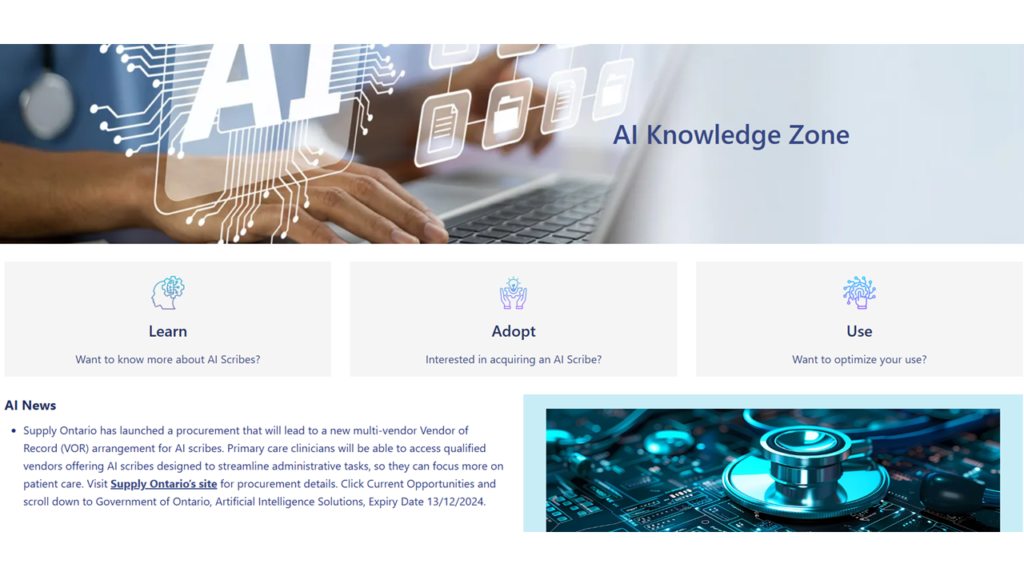
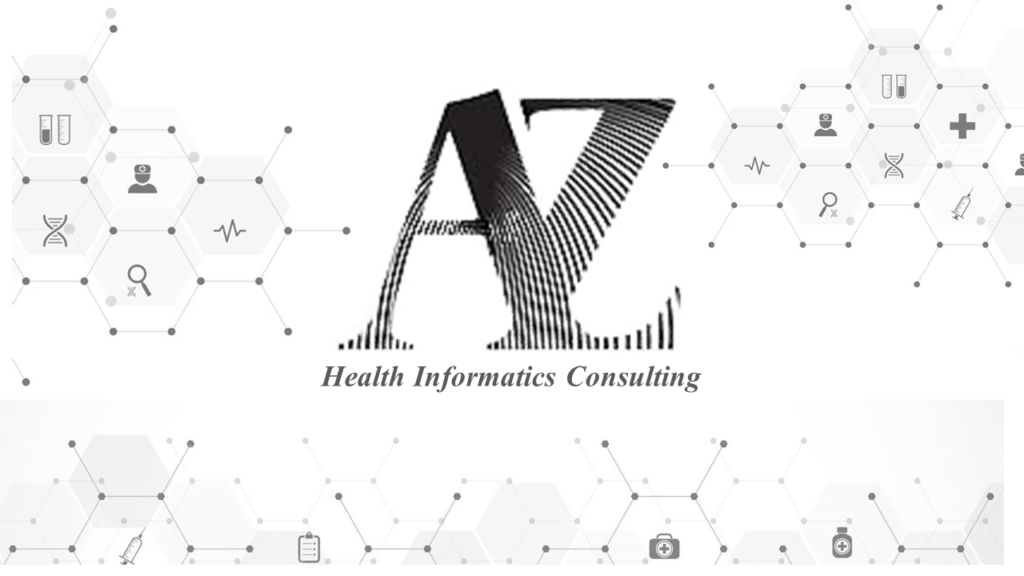
Leading Multidisciplinary Research for Personalized Prevention
I proudly lead a team of 40 researchers and clinicians in developing Comprehensive Preventive Assessment Tools (PATs) for personalized prevention approaches. Our mission is to bridge gaps in the healthcare system by creating tools that collect detailed patient health information, including clinical data, biomarkers, lifestyle, environment, and SDOH. These tools identify risk factors and link them to potential diseases or disorders, enriching EMR data and developing a risk factor map for an AI platform.
The First FHLIP Conference at IHPME, University of Toronto
I was honoured to serve as the Master of Ceremony for the inaugural Future of Health Leadership, Informatics, and Policy (FHLIP) Conference at the Institute of Health Policy, Management and Evaluation (IHPME) at the University of Toronto. Managing the entire conference, I organized content panels, presentations, and discussions while also delivering two compelling presentations. Additionally, I supported both the scientific advisory panel and the organizing committee, ensuring the conference’s success. This event highlighted cutting-edge health leadership and informatics topics, fostering collaboration and innovation among attendees.

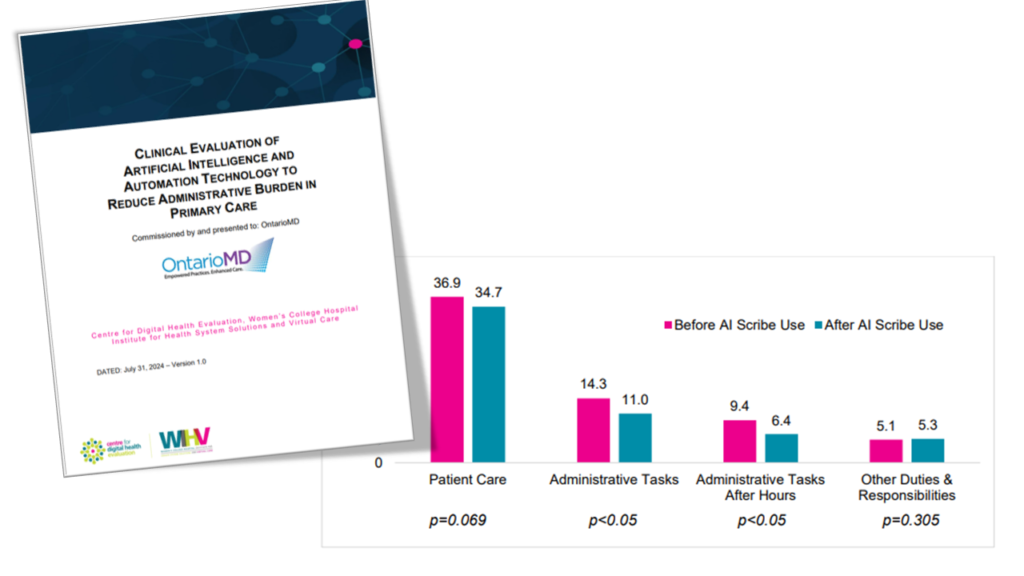
Scaling AI Scribe Evaluation Across Primary Care
Building on prior foundational work, OntarioMD launched a large-scale AI scribe evaluation project funded by the Ministry of Health. In collaboration with multiple partners, this initiative aimed to extend the evaluation of AI-enabled scribes within primary care. As part of the project team, I contributed to the design of the evaluation methodology and study framework while supporting the coordination of a field team to execute the study with 150 primary care physicians. This comprehensive evaluation provided valuable insights into the impact of AI scribes on clinical workflows, physician workload, and patient care.
Advancing AI Evaluation in Primary Care
Contributing to OntarioMD’s innovative approach to AI in healthcare, I led the development and execution of a comprehensive evaluation strategy for AI-enabled solutions in primary care. This initiative included creating an evaluation plan, designing assessment tools, and conducting a real-time study using an AI scribe solution in a primary care setting. The study offered critical insights into how AI scribes can streamline clinical workflows, reduce administrative burdens, and enhance patient-physician interactions. This work serves as a foundational model for evaluating and integrating AI technologies in primary care, paving the way for future advancements in healthcare innovation.
Read the content here.
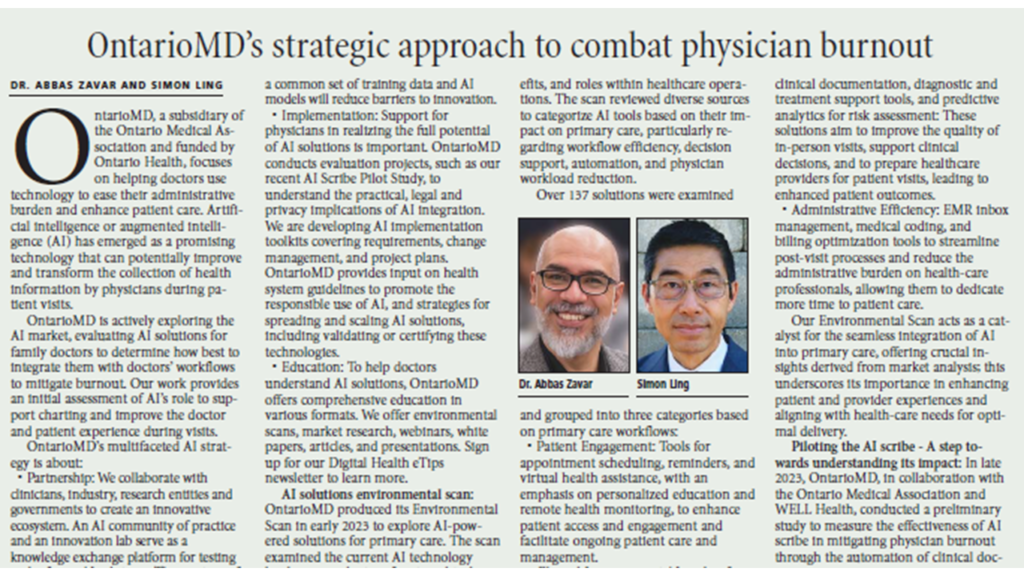
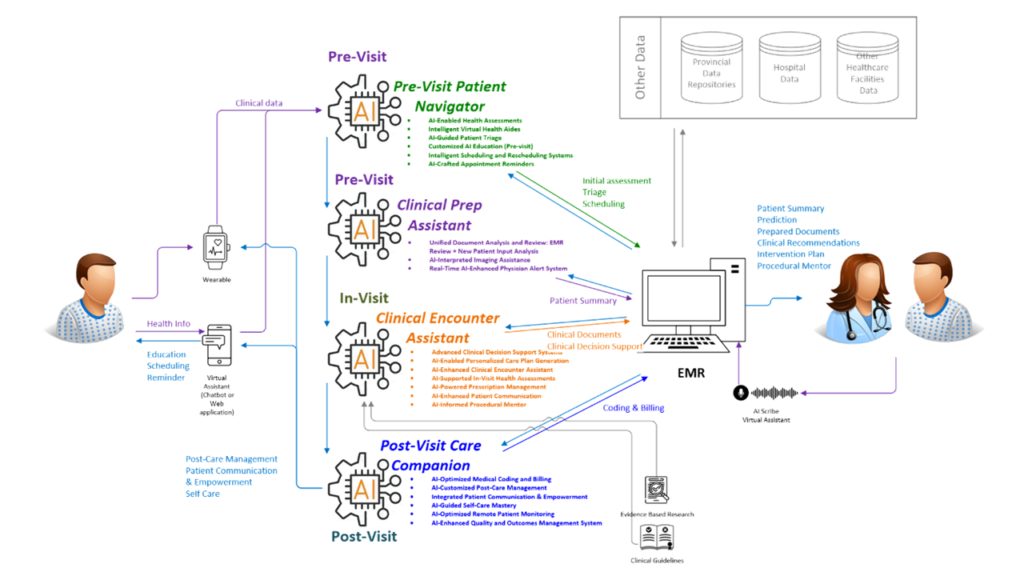
Envisioning the Future of AI-Integrated Primary Care
Imagine a primary care setting where AI seamlessly supports physicians and patients at every stage of the clinical workflow—pre-visit, during the visit, and post-visit. Drawing on my expertise in digital health and AI, I led a forward-thinking study that explores this vision for the future of healthcare. This initiative highlights how AI can enhance patient engagement, streamline clinical processes, and empower physicians with real-time decision support. This model offers a transformative approach to modern healthcare, from predictive insights to personalized care pathways.
Addressing Physician Burnout through AI and Digital Health
Physician burnout is a growing challenge in health care, and I played a key role in a pivotal OntarioMD initiative to address this critical issue. Leveraging my expertise in digital health and AI, I contributed to developing a comprehensive resource that identifies the root causes of burnout and outlines how Digital Health Solutions (DHS) and AI-enabled tools can alleviate its impact. This initiative reflects my dedication to advancing healthcare innovation and supporting clinician well-being through technology-driven strategies.
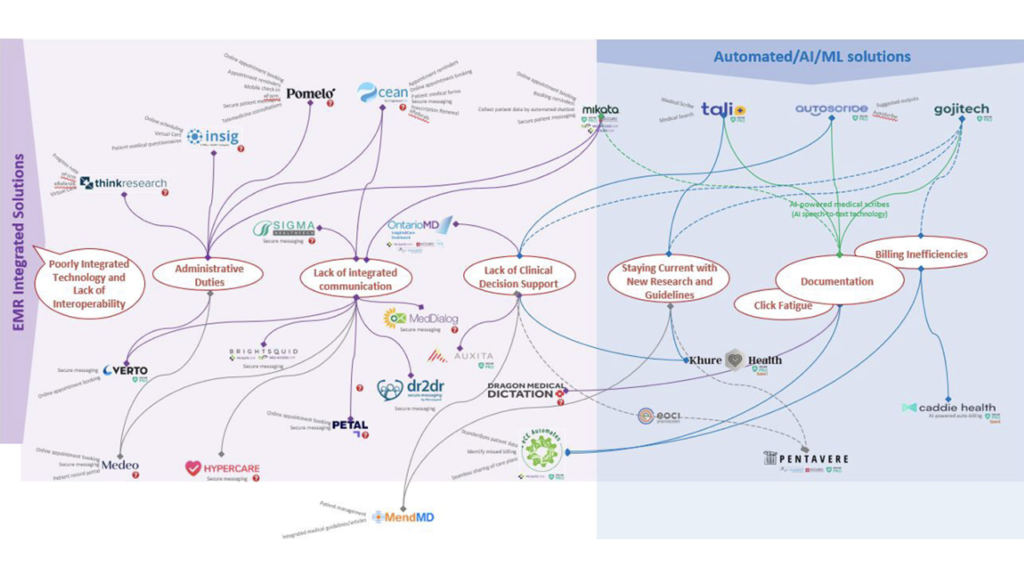
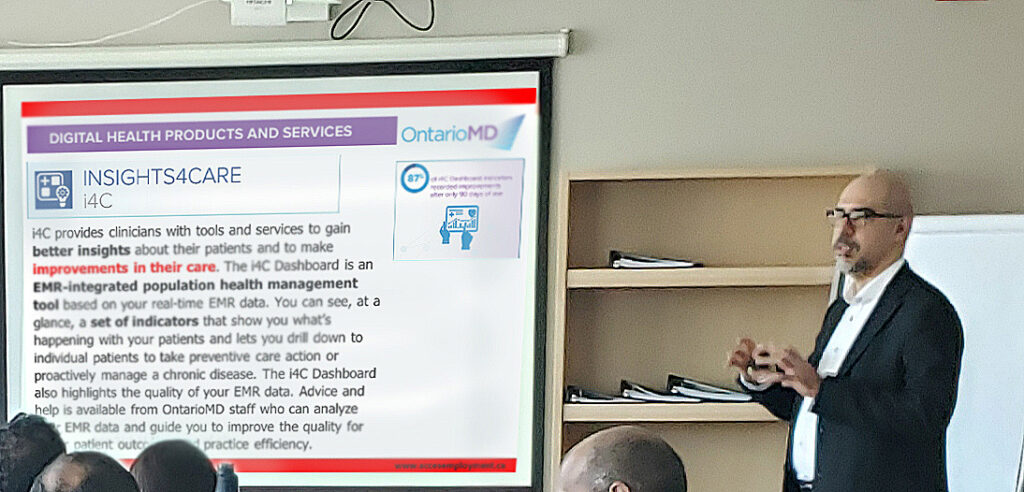
Empowering IMGs with Digital Health Workshops
As the sole workshop facilitator for introducing digital health to internationally trained individuals (ITIs), I collaborate with immigration organizations. These workshops help newcomers with clinical, technical, and business backgrounds explore the digital health sector and its various subdomains. I assist them in transitioning into this promising career pathway through mentoring and guidance.
First White Paper on Personalized Medicine Published
I am excited to share the publication of my first white paper on personalized medicine, titled “Preparing for Precision Medicine in Ontario: A Current State Assessment.” This comprehensive report, conducted with a dedicated team of health informatics experts and researchers, evaluates Ontario’s data sources and infrastructure for implementing precision medicine initiatives. It highlights the importance of data sharing, AI integration, and creating a precision medicine ecosystem to enhance patient care and outcomes. Read the full white paper here.


Pioneering Personalized Medicine Education
Introducing personalized medicine at George Brown College has been rewarding. Through the Health Informatics Technology and Clinical Practice II course, I guide students through the complexities of precision medicine. The course underscores its vital role in patient care, the significance of data-sharing initiatives, and its implications for ongoing research. Students engage in activities to envision and formulate a comprehensive precision medicine blueprint, focusing on AI integration.
Digital Health Research Lead at OntarioMD
As the Digital Health Research Lead at OntarioMD, I lead initiatives to uncover the underlying causes of physician burnout and strategize AI-integrated digital health solutions. These solutions streamline routine tasks and provide cognitive support for healthcare professionals. I spearhead the development of AI-empowered technical metrics tools to evaluate the efficacy of digital health solutions in addressing burnout.
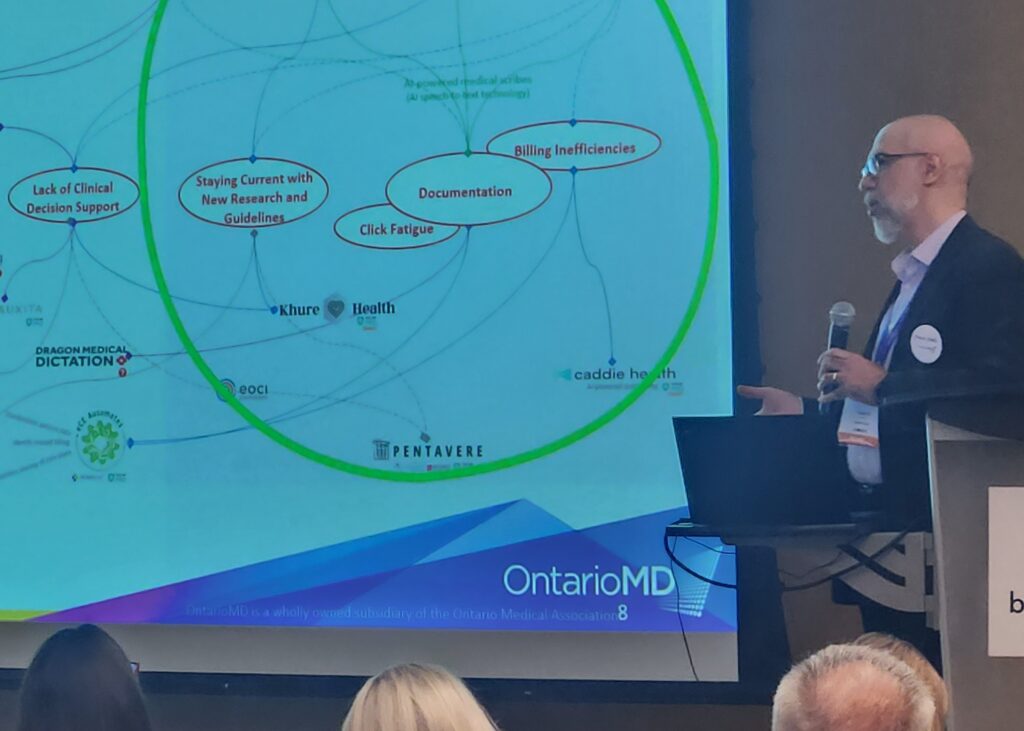
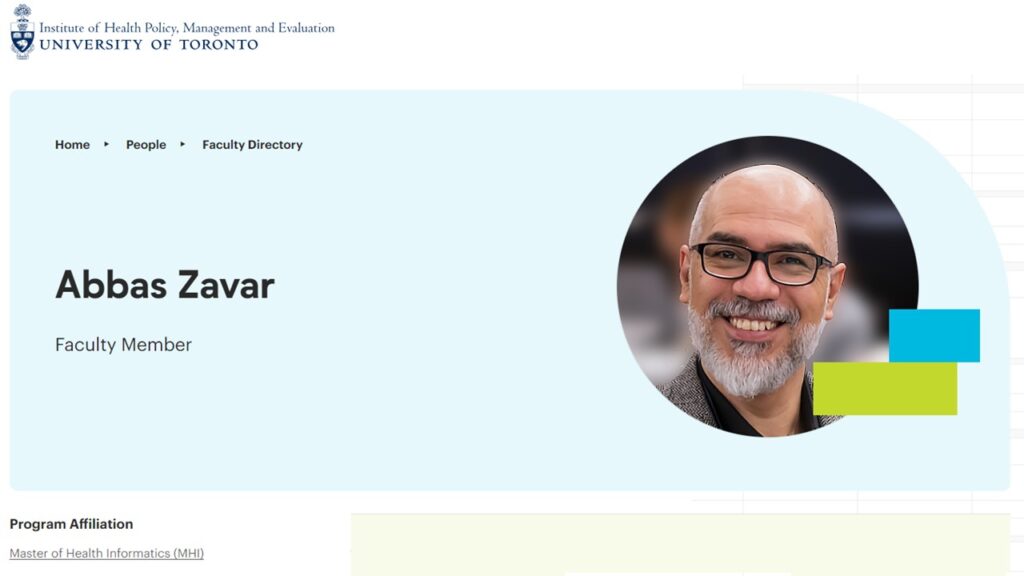
Adjunct Faculty in Master’s in Health Informatics at the University of Toronto
As an adjunct faculty member, I teach MHI2007: Quantitative Skills for Health Informatics and MHI2018: Knowledge Management. In MHI2007, students learn clinical data sciences alongside applied statistical methods, enhancing their skills in the field. In MHI2018, students explore how data transforms into knowledge and insights within the healthcare system, considering the personalized medicine approach.
i4C Dashboard – Program Analyst at OntarioMD
I contribute to OntarioMD as part of the Insights4Care (i4C) team, where we develop provincial dashboards providing comparative insights based on primary care physicians’ EMR data. This role places me at the forefront of digital health advancements, enabling impactful healthcare solutions.
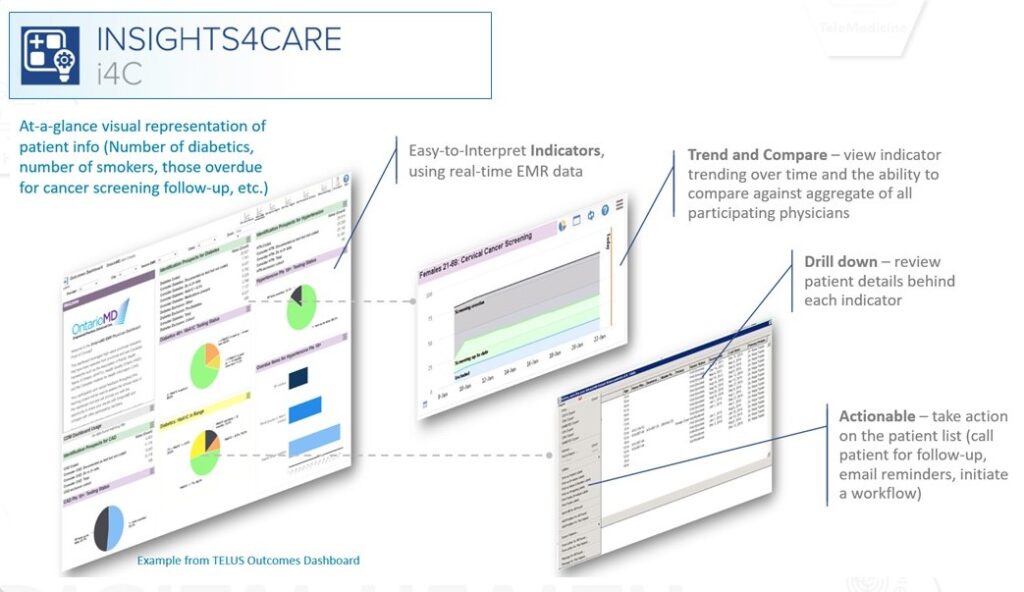
Clinical Decision Support Consultant at Newtopia
At Newtopia, I translated clinical and health knowledge into informatics formats as a Clinical Decision Support (CDS) consultant. This role brought me closer to realizing my vision of Virtual Preventive Medicine and Precision Medicine, enhancing clinical decision-making and patient care through advanced technologies.
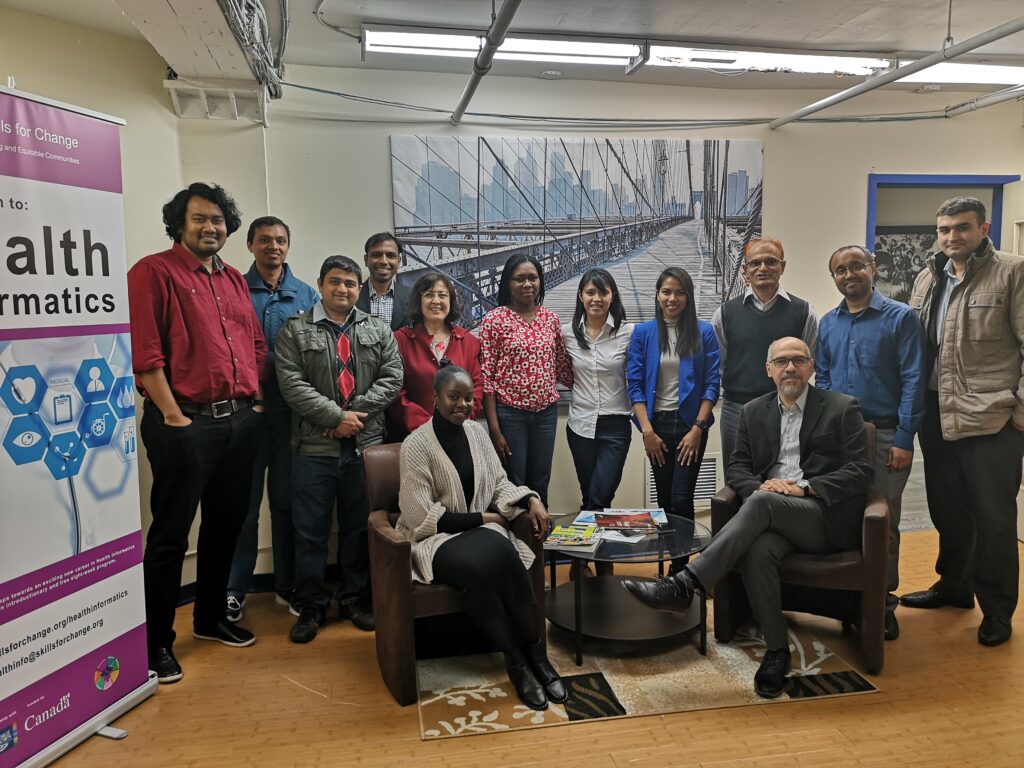
Health Informatics Mentor and Facilitator at Skills for Change
As a program specialist and health informatics professional at Skills for Change, I developed and facilitated a bridging program in health informatics (HIBP) for ITIs. This program, the first in Canada, provides newcomers with healthcare or IT backgrounds access to career counselling, mentoring, and training opportunities. I also established a robust support network comprising academic institutions and public and private organizations active in health informatics.
Passion for Clinical Data Science
At Infoclin Inc., I was a clinical data analyst using machine learning for health data analysis. My responsibilities included cleaning, wrangling, normalizing, categorizing, and analyzing EMR data. I was soon promoted to lead a team of talented clinical data scientists in designing and developing a clinical decision support system (CDSS) for physicians in Ontario.
Standing on the shoulders of giants, Dr. Karim Keshavjee, from whom I have been learning a lot about Health Informatics and real life!

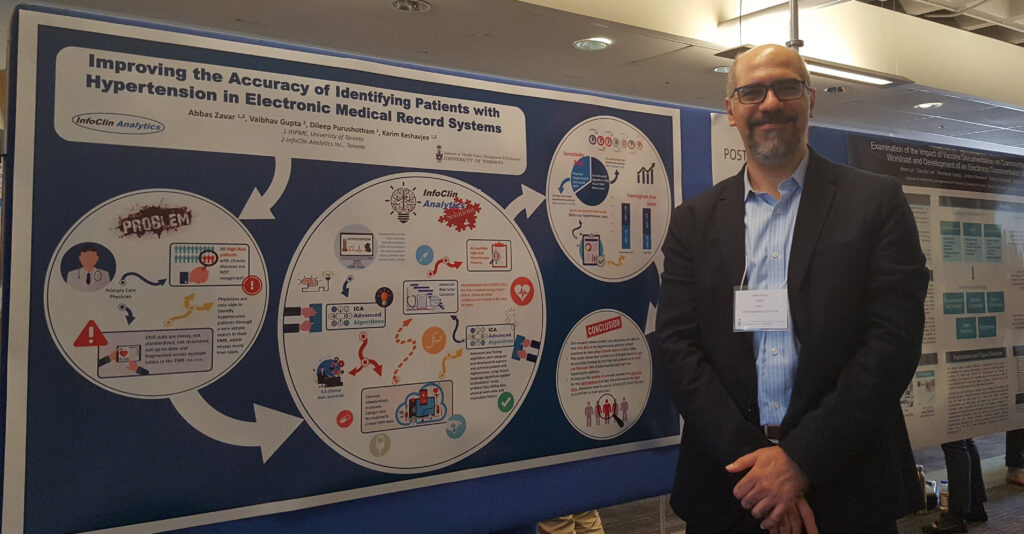
Research Enthusiast in Digital Health
I am deeply passionate about research, especially in Clinical Research Informatics. This field allows me to explore innovative solutions and contribute to advancements in health informatics, ultimately improving patient outcomes and healthcare practices.
Executive Master’s in Health Informatics, University of Toronto
Pursuing an executive master’s in health informatics at the University of Toronto further enriched my journey in this field. This program equipped me with advanced knowledge and skills to drive innovation in this field.

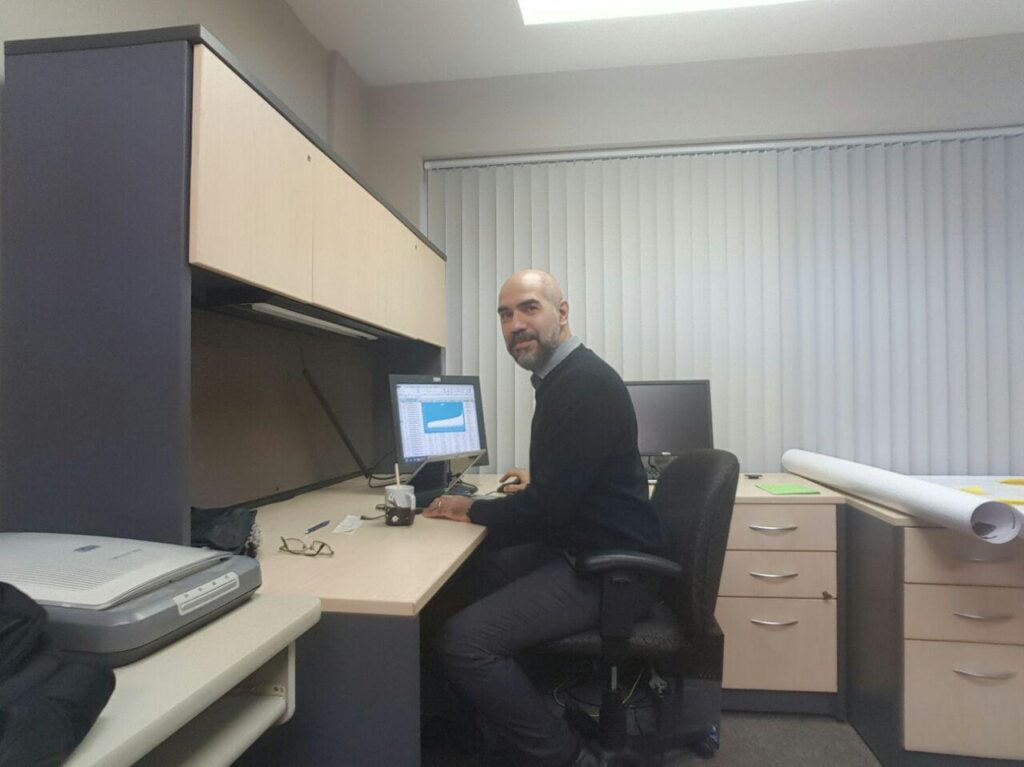
Developing Clinical Software for Opioid Management
As a health informatics professional at Infoclin Inc., I developed clinical software to support physicians in managing opioid prescriptions. Under the supervision of Dr. Andrea Furlan at the Toronto Rehab Institute, I analyzed the current opioid prescribing workflow and developed an improved workflow based on the latest Canadian guidelines. This collaboration with IT developers and programmers led to the creation of the web-based software Opioid Manager, enhancing opioid prescribing practices.
Honing Health Informatics Skills
Earning a Health Informatics Certificate from Ryerson University was crucial in honing my health informatics skills. This certification gave me the expertise necessary to excel in this dynamic field.


Early Interest in Health Informatics
My interest in digital health began as a chief medical informatics officer and head of the quality improvement committee. I spearheaded the design and integration of the Instant Reporter software into the existing HIS. This application allowed clinicians to report clinical errors anonymously, leading to significant improvements in clinical processes and error reduction, ultimately enhancing the quality of patient care.